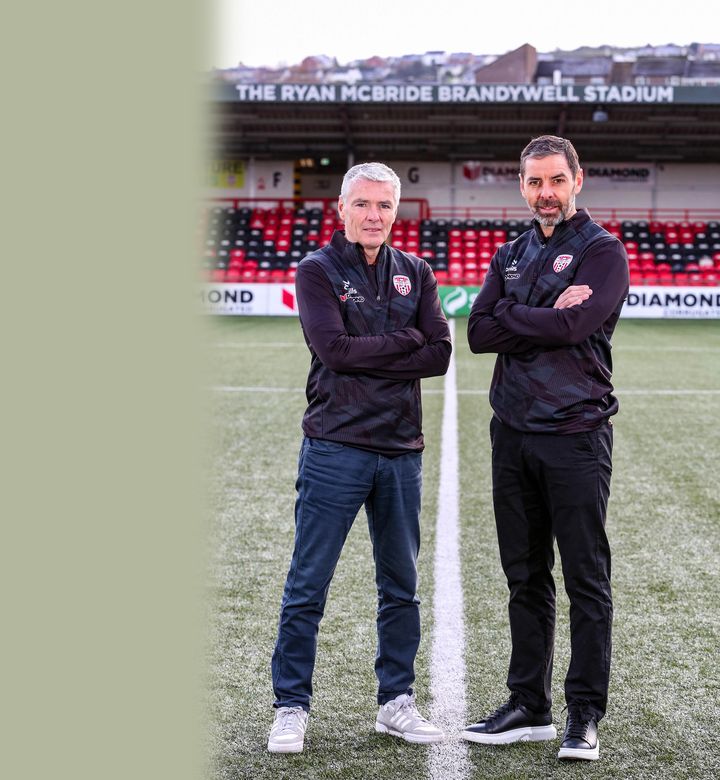
In a world where small businesses face challenges accessing legal resources, GitLaw offers a solution through its open-source, community-driven legal templates platform. Korea IT Times interviewed Nick Holzherr in Seoul to explore GitLaw's global mission to serve 400 million small businesses. Using Git technology, GitLaw enables collaborative document creation and version control, providing an affordable alternative to traditional legal services.
With AI capabilities, it helps users customize templates efficiently. This discussion with Nick highlights how GitLaw, led by seasoned entrepreneurs, aims to transform legal documentation with innovation and open standards. Here is our conversation with Nick Holzherr.
GitLaw is a platform where users can create, share and collaborate on legal documents. GitLaw offers open-source legal templates. Many of the templates on the site are standards shaped by real-world use and written/vetted by legal experts.
On top of templates, GitLaw’s AI helps tailor documents to your specific needs—selecting the right mix of clauses and applying them correctly. By open-sourcing legal templates, GitLaw is making legal documents free for 400m small businesses globally, the majority for whom legal support is unaffordable. GitLaw is aimed at 400m small businesses worldwide, of which 33m are in the USA and 5.
6m in the UK. 32% of small businesses experience a legal issue annually, but only 25% use professional help, while 50% seek to resolve their legal issues entirely on their own or take no action at all. 18% of businesses who paid for professional help drew on personal savings to meet the costs.
The legal system is seen as unaffordable and tilted against those lacking financial resources - just 10% view lawyers as cost-effective. GitLaw is also available to small/miro law firms and in-house company lawyers/General Counsel who can benefit from the open approach. Existing templates are often low quality and cost money.
GitLaw uses Git technology (which helps manage collaborative work and version control transparently) to build "open standards" for legal templates. Legal templates are usually available to users on a subscription basis or on a per-document fee basis - although quality varies greatly. Most lawyers/law firms also use document databases - usually one of two large templates (they call them “precedents”) databases - and pay thousands of dollars per year for access.
GitLaw’s play is simple – make legal documents entirely free - contributed and ranked by the community. Git is a distributed version control system that tracks versions of files. It’s the most popular distributed version control system, with nearly 95% of software developers using it as their primary version control system.
GitLaw is bringing the same value proposition to the legal field - allowing multiple individuals to contribute and share edits to documents transparently. It also allows people to use Git technology for private document collaboration. The team believes that Git can pave the way for open standards in legal documents, empowering a community-driven approach to create transparent, freely accessible, and universally accepted legal standards.
We believe AI presents a significant opportunity to help people use open legal templates - but a template repository is required as a foundation. People are already using LLM tools like ChatGPT for legal document generation and contract review - but while LLMs (Large Language Models) are great for customizing and summarizing existing documents - they’re not reliable when it comes to generating documents from scratch. GitLaw’s approach is to instead use AI to help users understand which documents to use, how to tailor them and how to fill them out effectively - but use AI to tailor human/community-verified drafting of templates.
We believe the new possibilities of LLMs have made the time right for an open-source resource like GitLaw - people are finally able to fully make use of a resource like this with the guidance of an AI paralegal. How does GitLaw ensure the quality and reliability of the legal templates provided on its platform? The idea behind the platform is that a broad community will contribute and verify documents. 1.
When users save/use the documents, they start a repository showing which contracts are popular. So, while there may be many versions of an NDA, users can quickly see which ones are most used. 2.
As part of the community, we have lawyers who verify documents and submit improvements. The idea is that over time - the community of lawyers can create many best-practice templates. This community-driven improvement happens in the open-source software code ecosystem on GitHub.
It does occur in the legal community, too. Lawyers send each other drafts of documents and submit suggested changes, which they then use to create siloed standards. With GitLaw, we're not creating new behavior - just moving it onto an open platform.
However, it is essential to note that this is an early launch of the platform, so this community-built trust in documents is still embryonic. The platform has been seeded with many existing open-source/shared standards that already have trust -- so most documents today have verifications. These are usually described in the individual document repositories on the platform.
What benefits do you see for small law firms and in-house legal teams using GitLaw compared to traditional legal resources? Traditional legal resources are expensive. Two prominent companies provide these, and they usually cost between £3k and £5k per year per lawyer. If lawyers want to add other smart features to documents, these often add another layer of cost.
Small/micro law firms and in-house teams frequently can't afford access to these tools. GitLaw offers these documents and tools for free, which is hugely valuable for a small lawyer just starting. The other benefit is GitLaw's integrated productivity and collaboration tools.
The Smart Fields and repository/revision history collaboration features make drafting and negotiating contracts easier. Again, tools like this are available to enterprises at large fees (although they are usually hard to use) but not to smaller teams. GitLaw is built by experienced technology entrepreneurs GitLaw was built by a group of friends who had previously built other successful technology companies.
They have not raised any funding. Founder Nick Holzherr previously founded Whisk.com, which was acquired by Samsung and is now called Samsung Food.
.













